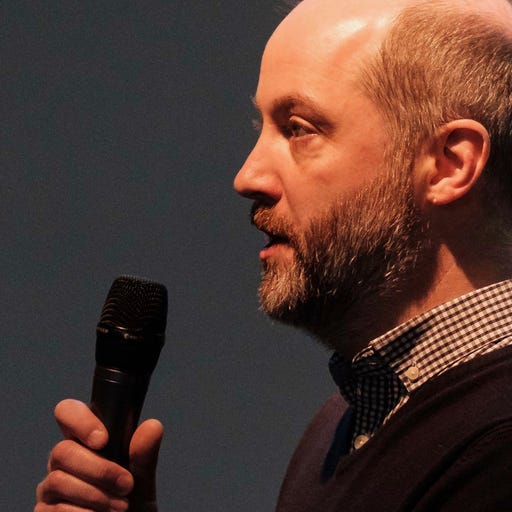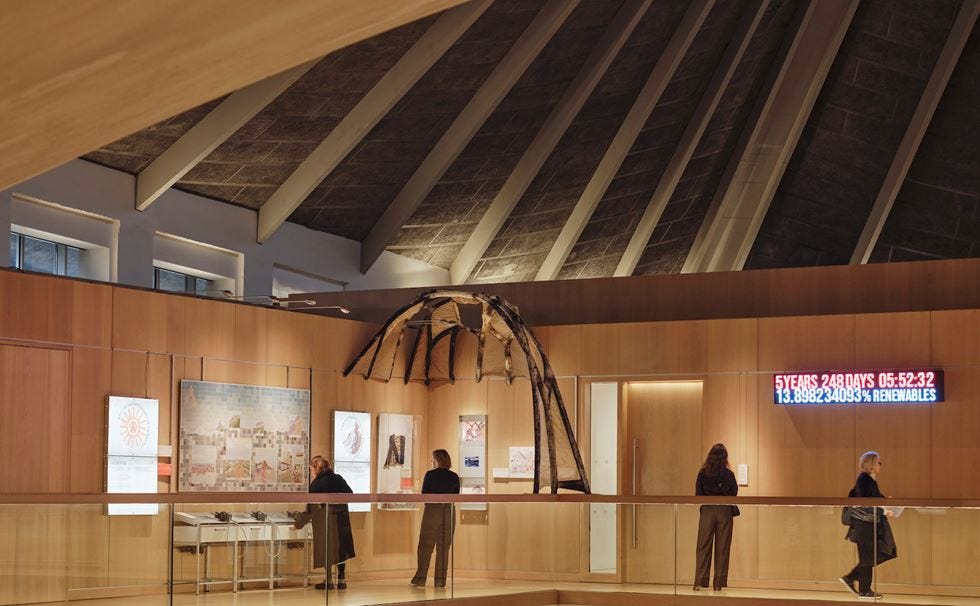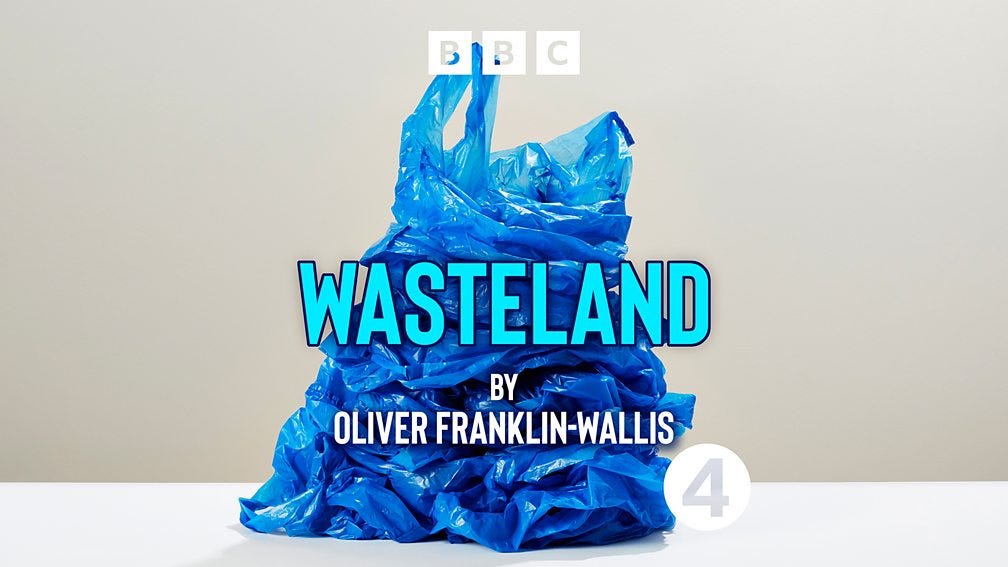On 21 November campaigning group Purpose Disruptors ran a commercial on Channel 4 during its Change Climate season titled #TheGoodAdvert. Created by agency Iris Worldwide, it urged viewers “to go out and spend more time in nature! With people you love, perhaps. Because haven’t we all got a part to play?”. However, not everyone was supportive of the group’s approach. Writing on his blog, copywriter and author Nick Asbury, a long-term critic of the idea of “purpose’ in advertising and the commercial world, argued that “I see Iris and Purpose Disruptors feeding a narrative that climate action must always be associated with guilt, deprivation and not having nice things. And its tone must always be one of condescending elitism…Climate action can be aspirational: cleaner air, nicer cities, cooler cars, cheaper energy bills. Ad agencies could have made solar panels and water butts cool by now – where are those ads? Ad agencies with a 30-second slot in peak time could use it to say something useful: support this charity, donate to this cause, buy this green product. Instead, it’s promoting a self-referential hashtag that garnered almost zero interaction on Twitter.” Read his full argument here
 Thoughts on Writing
Thoughts on WritingRepurposing EV batteries for solar storage can extend their usefulness for several years: climate-focused non-profit Grist reports from Southern California where solar farms are using ‘retired’ batteries from Honda and Nissan electric cars to generate power for thousands of homes. “The facilities are meant to prove the feasibility of giving EV batteries a second life as stationary storage before they are recycled. Doing so could increase the sustainability of the technology’s supply chain and reduce the need to mine critical minerals, while providing a cheaper way of building out grid-scale storage.” Read the full article here

Image: Felix Speller for the Design Museum
London’s Design Museum has opened a new display “dedicated to design research on the environmental crisis curated by Future Observatory, the museum’s national research programme for the green transition”. The first display in a series “will showcase six research projects that demonstrate how designers are rethinking and adapting their practice to confront the environmental issues we face and work towards liveable futures”. It includes solutions to local coastal water pollution, experimental techniques to reduce the environmental impact of textile dying, a mural, and a knitted biohybrid structure composed of fungal mycelium that visitors can walk beneath. Full details here
Circularity-focused marketplace Depop is to launch a series of temporary stores on major UK shopping streets over six months in partnership with retail pop-up provider Sook. To kick off the series, four immersive pop-ups will feature in London in November and December, “encouraging more people to shop secondhand while reviving the high street for the Christmas Party season”, Depop said. Fashion Network has the story here

From today, BBC Radio 4 is serialising Wasteland, a “headfirst dive into the murky world of recycling” by Oliver Franklin-Wallis. Five episodes will run this week and will be available on the BBC Sounds app or here

